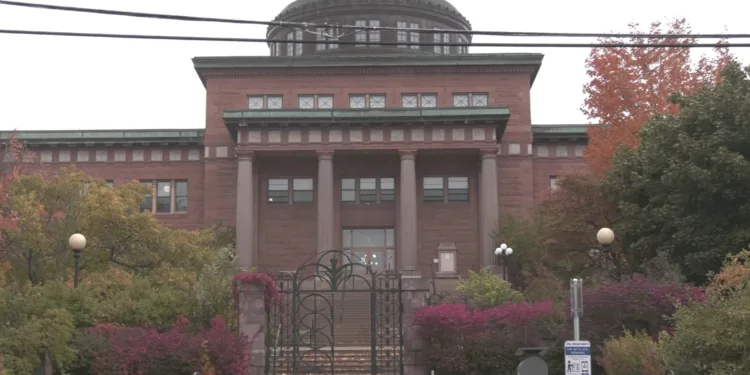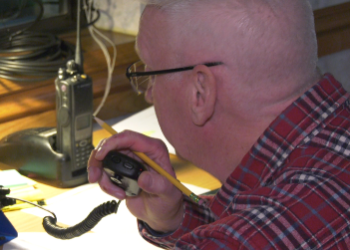MARQUETTE, Mich. (WZMQ) – Earlier this week, 51-year-old John Dewey-Jones of Marquette was charged with assault with intent to murder after police say he allegedly strangled someone with the intent of killing them. His bond was set at 100-thousand dollars cash surety.
In Baraga county, 41-year-old Randy Owens faces six felony drug charges for possession of cocaine. His bond was set at 250-thousand dollars cash surety.
Marquette County Prosecutor Matt Wiese says when an arrest is made, Police make the first decision as to what charges will be filed before County Prosecutors review and finalize the charges. But, it’s up to The Court to set the price of bail.
Wiese says there is no schedule for what a bond should be, each individual court determines what price is set based on the nature and severity of the charges.
“State wide, we have 83 counties,” Wiese says, “we could have 83 different judges in 83 different countries look at a case and say ‘well, I believe the bond on this case should be 20 thousand dollars’ and a judge in a neighboring county could say ‘well, I don’t think it needs to be that high.’”
Down in Lansing, similar problems are being addressed.
Michigan’s jail reform and advisory council is reviewing jail and pre-trial reform legislation to address cash bond discrepancies and pretrial release services.
Wiese says he believes renewed pretrial services like supervision and electronic monitoring are key parts of any new legislation being addressed, but also stresses the importance of determining types of offenses in which bond can be denied as legislators review Michigan’s pre-trial release system.
“There have been a number of bills and pieces of legislation being discussed about doing away with cash bail because it is believed by some to have a punitive effect on people without resources,” Wiese says, “and that certainly can be true”
Wiese says its important public safety remains the priority while also addressing the personal liberty of those who are innocent until proven guilty.










